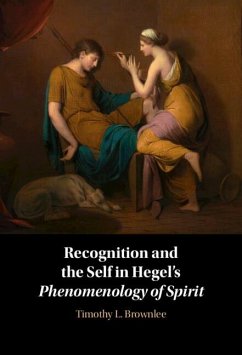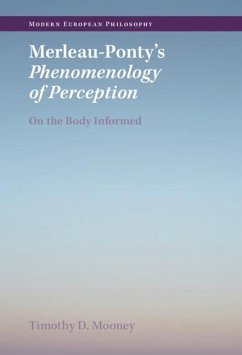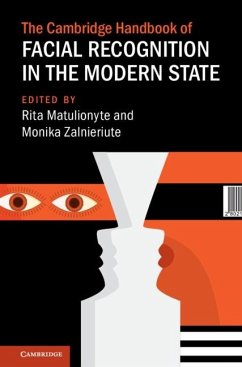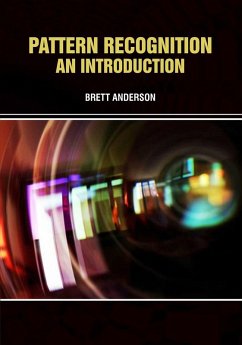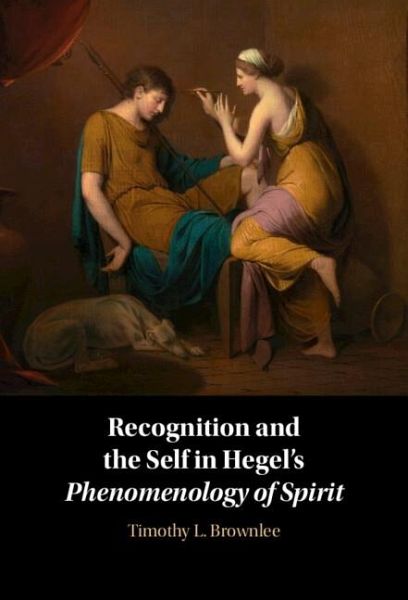
Recognition and the Self in Hegel's Phenomenology of Spirit (eBook, ePUB)
Versandkostenfrei!
Sofort per Download lieferbar
69,95 €
inkl. MwSt.
Weitere Ausgaben:

PAYBACK Punkte
35 °P sammeln!
Hegel''s Phenomenology of Spirit is famed for its account of the problem of recognition. Yet while readers agree about the importance of its influential accounts of the struggle to the death and the master/slave relation in developing that problem, there is no consensus regarding what sorts of relations among subjects would count as successful forms of recognition. Timothy Brownlee articulates the essential connections between Hegel''s concepts of recognition and the self, and presents a novel interpretation of the Phenomenology that traces the emergence of actual relations of reciprocal recog...
Hegel''s Phenomenology of Spirit is famed for its account of the problem of recognition. Yet while readers agree about the importance of its influential accounts of the struggle to the death and the master/slave relation in developing that problem, there is no consensus regarding what sorts of relations among subjects would count as successful forms of recognition. Timothy Brownlee articulates the essential connections between Hegel''s concepts of recognition and the self, and presents a novel interpretation of the Phenomenology that traces the emergence of actual relations of reciprocal recognition through the work as a whole. He focuses on the distinctive social constitution conception of the self that Hegel develops in his account of ''spirit,'' and demonstrates that the primary significance of recognition lies in its contribution to self-knowledge. His book will be valuable for scholars and students interested in Hegel, German Idealism, and philosophical conceptions of recognition.
Dieser Download kann aus rechtlichen Gründen nur mit Rechnungsadresse in A, B, BG, CY, CZ, D, DK, EW, E, FIN, F, GR, HR, H, IRL, I, LT, L, LR, M, NL, PL, P, R, S, SLO, SK ausgeliefert werden.





